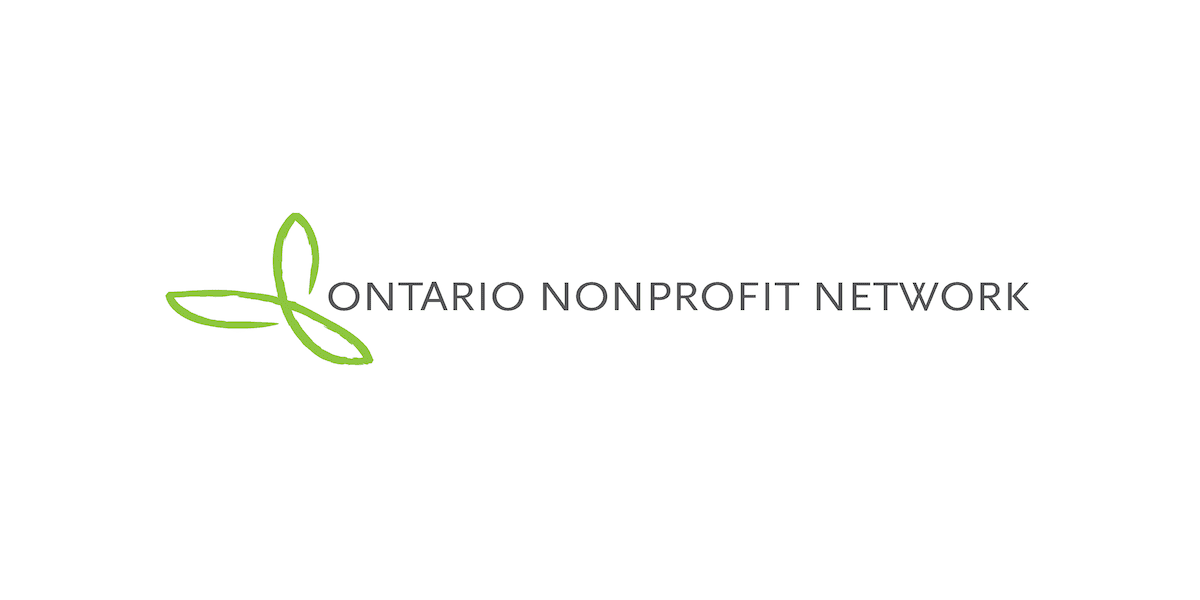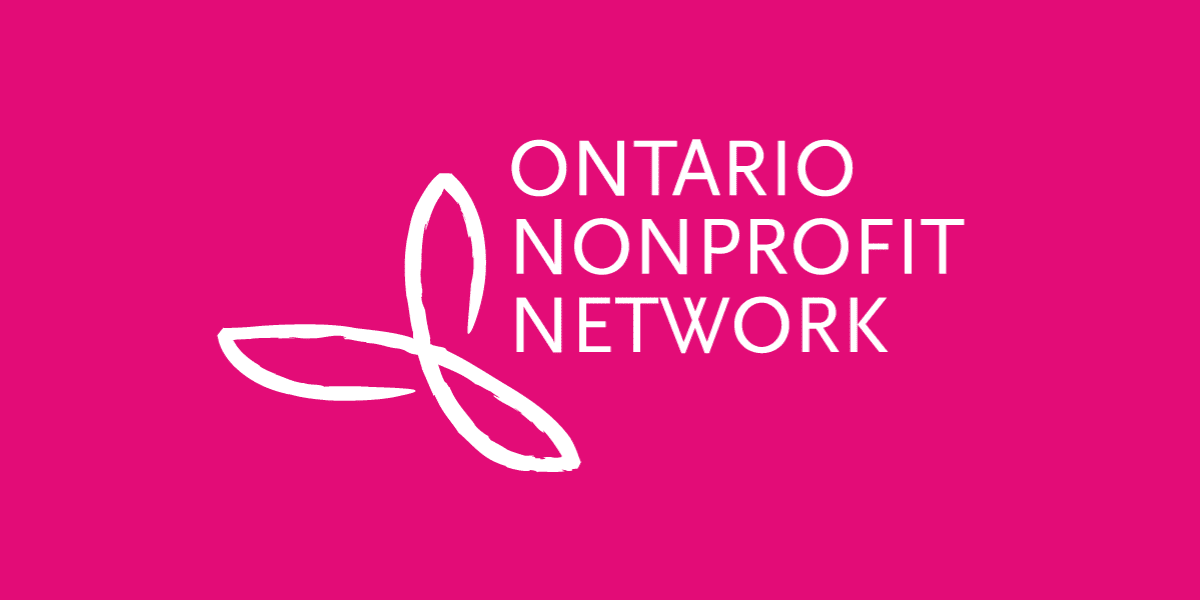
Blog
Supporting emerging leaders through decent work
Nonprofits play the long game when it comes to achieving their mission. They work hard to build relationships with funders and stakeholders, and to establish roots in the communities they serve. Success also requires sustaining a work culture that attracts, supports, and retains young workers to ensure the stability of the sector for years to come.
At ONN, we believe that decent work practices play a key role in the health of the sector’s workforce. This past summer, we hosted a luncheon for young workers from across the nonprofit sector to learn more about their experiences and expectations. Organized with the Connect the Sector project, the meeting provided an opportunity for networking and offered a space for emerging leaders to share stories about their career aspirations and the fundamental concerns that working in the nonprofit sector will enable them to thrive both personally and professionally. What follows is a snapshot of key points raised during the discussion.
Challenges and barriers
Young workers face a number of challenges specific to the sector – challenges that often require making decisions that can affect their long-term career prospects.
Working in smaller nonprofits
Participants noted that some smaller organizations might not have a human resources department, meaning that workplace issues are often any formal structures and protocols. Smaller organizations may also lack opportunities for advancement.
The Passion Tax
Young workers often have to ask themselves, “Why do we have to choose between being paid well and having a fulfilling job?” Participants said there is a perception that a “passion tax” is being imposed on young workers who invest their time, effort, and careers in the non-profit sector, and passion about what they do is an appropriate substitute for adequate wages and benefits.
Diversity and inclusion
Young workers feel that if they are to remain in the sector, they need to see a place for themselves in leadership roles. Participants raised the lack of diversity along the lines of race, gender, and lived experience in board membership, directorships, and other leadership positions within the nonprofit sector as a significant barrier.
A vision for a decent workplace
What does a decent work culture look like? For participants, it starts with focusing on people.
Investing in people
It’s important that organizations look to the future. This means looking beyond staff in their current positions, but also contributing towards their longer-term careers in the nonprofit sector. Participants outlined a range of ways to invest in employees, including:
- sponsorships
- training and professional development
- participatory program design
- long-term work positions and benefits that are built into the funding structure
Mentorship versus sponsorship
A distinction was made between passive mentorship versus active sponsorship. Mentorships, whether formal or informal, were defined as one-way relationships, with the mentor discussing with the mentee how to get to a similar position. Sponsorships were defined as a type of relationship that is steeped in active advocacy and creating learning spaces for youth to occupy. This is a type of relationship that often does not happen because it takes more work and more risk on the part of both parties.
A decent workplace is a place to grow and find opportunities to learn
Participants felt as if they were often treated as temporary labour, instead of permanent workers. They noted a generational gap emerges when youth entering a workforce encounter a work environment where there are no succession plans in place, and few opportunities to move up the ladder and grow within agencies. Employment opportunities, whether contract or permanent, need professional development and other growth avenues built into the structure of the job.
A way forward: From vision to reality
Participants identified a number of steps organizations can take to build a culture of decent work – and assure a viable, stable nonprofit workforce for the future.
Decent work fosters creative leadership
Participants proposed that nonprofits reconsider what leadership looks like. They argued the sector must create its own models without looking to the corporate sector or similar fields for guidance. This includes keeping in mind that nonprofits work with and for people and communities.
An intergenerational difference in leadership was also noted, with some participants observing that younger people value transparency in decision-making, while older people tend to believe in structure and more formal protocols. This can lead to a mismatch in expectations that is not always communicated, and to a possible disconnect and misalignment between leadership and staff.
Finding work-life balance
Participants argued that organizations should learn how to create work environments that promote longevity in the sector, including building measures that support mental health, self-care, and a work-life balance.
Fair compensation
Decent work, and fair and adequate compensation, must also be a bigger part of the general conversation. Wages, as one participant noted, should not be a subsidy for living: “If you can’t live comfortably, it’s a subsidy, not a wage.” The sector should stop looking at the younger workforce as transient or disposable, or expecting them to leave, thus creating scenarios in the sector that promote temporary or contract positions instead of creating more permanent full time jobs.
Invest in young workers
Participants argued that youth must be treated as an important part of the sector worth investing in. Networking opportunities, training, and professional development should be built into every job position. Job security and opportunities for advancement were also identified as vital for retaining young workers in the sector.
Next steps: building the movement
Despite the challenges young workers face in the sector, luncheon participants recognized each other’s contributions and committed to working together to build solutions. Decent work requires collaboration and engagement – which ONN will help foster through future events such as a session focusing on emerging leaders at this fall’s Nonprofit Driven conference.





